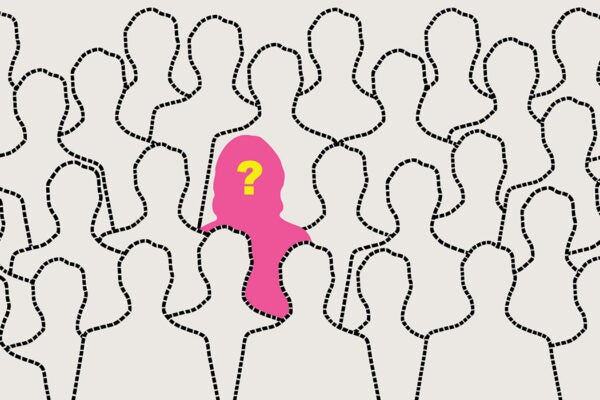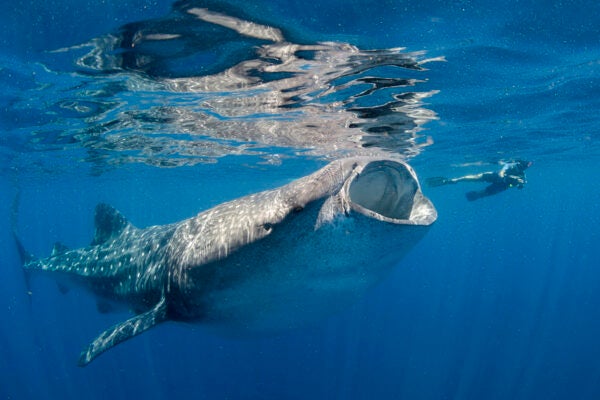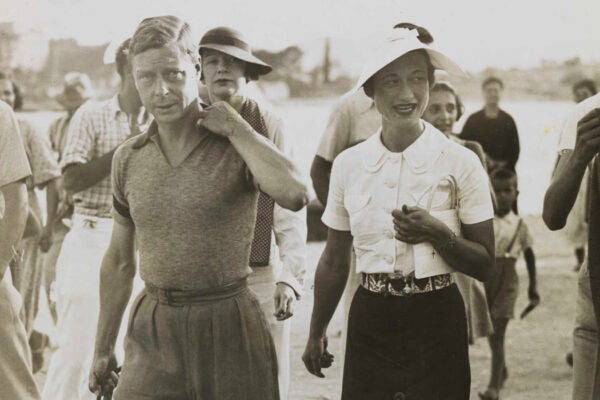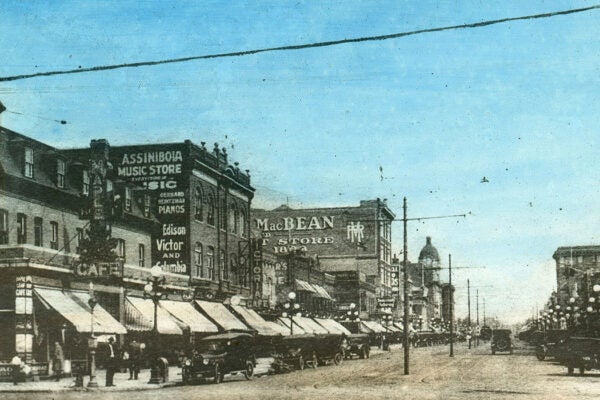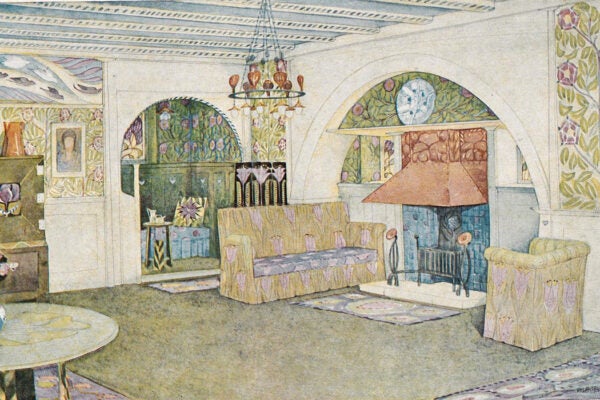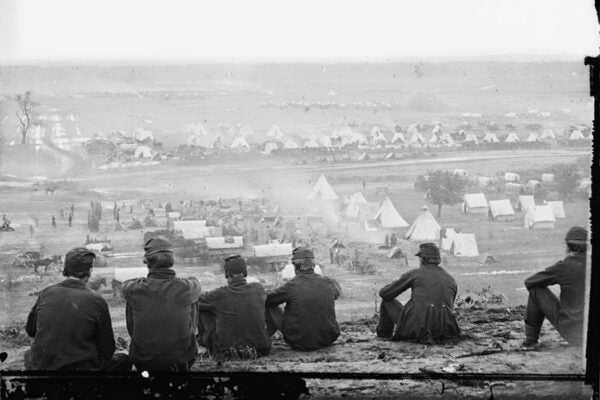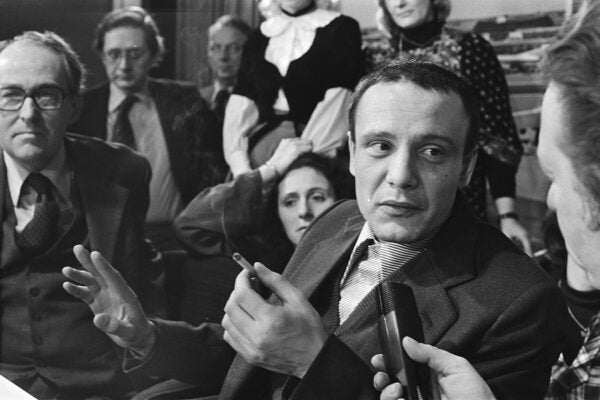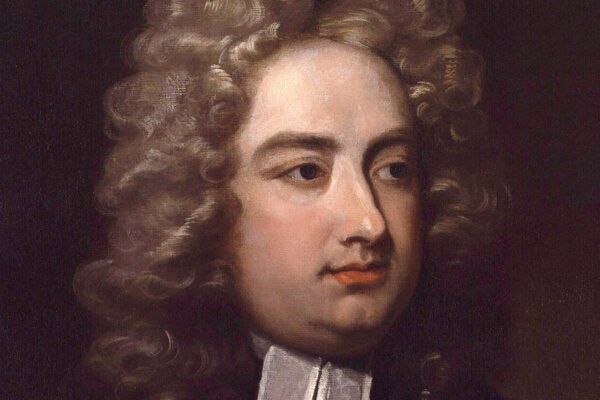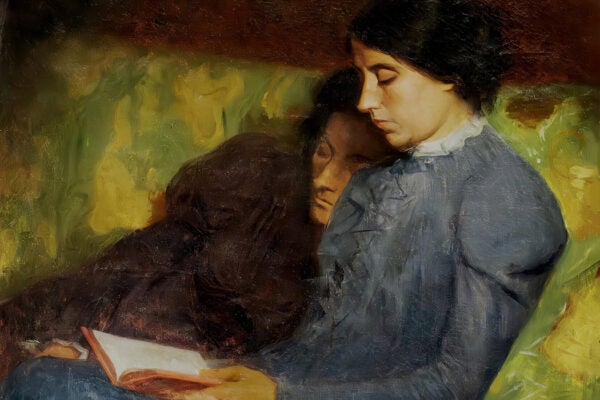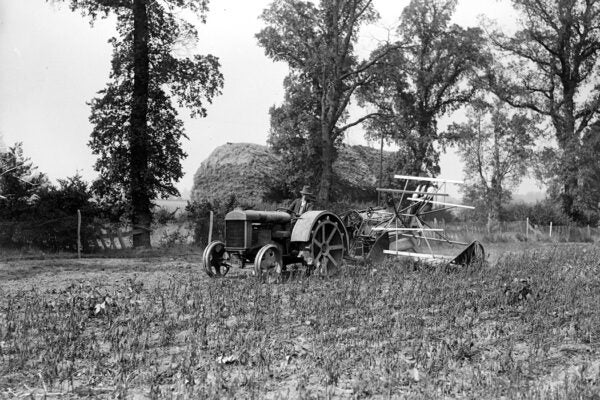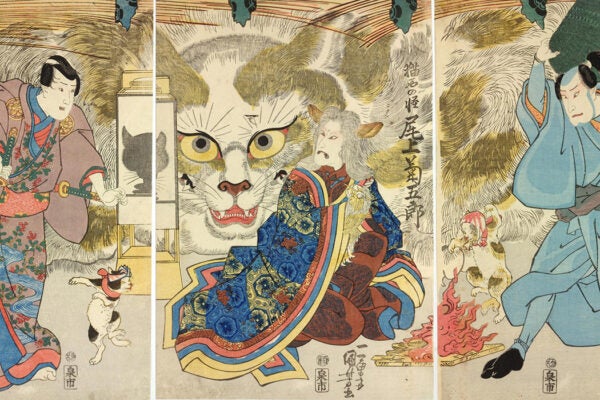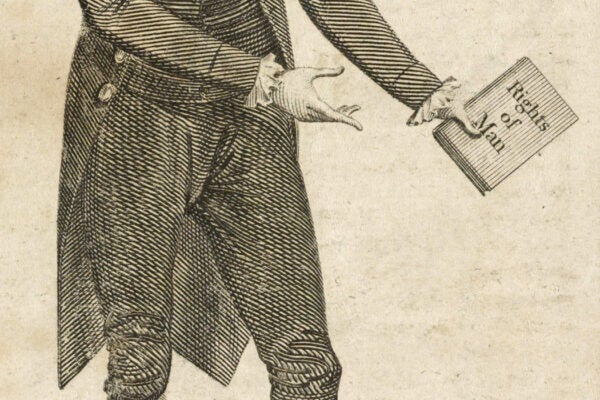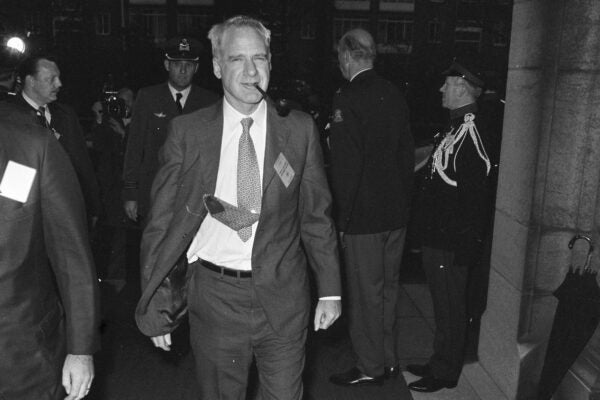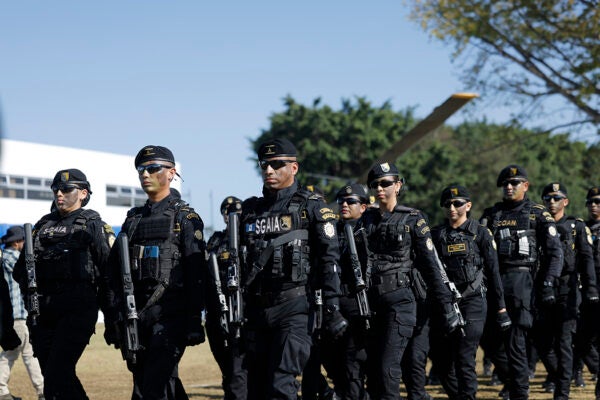The Congo Crisis and the Rise of a Pan-African Musical Politics
How Patrice Lumumba’s assassination reshaped Black internationalism—and pushed musicians toward a new kind of activism.
The Racial Myth of the Basque Sheepherder
How ideas of ancient tradition shaped labor and immigration in the American West.
Tarring and Feathering, American Style
What began as a European folk practice became a distinctly American ritual of public punishment.
Contesting American Citizenship… in 1784
The Longchamps Affair shows how early Americans struggled to define citizenship amid conflicting laws and revolutionary values.
Samurai and Guerrillas: The First Official Japanese Visit
The first Japanese delegation to the US captivated crowds and confounded expectations, as the press cast its samurai as “effeminate.”
Founding Murderers vs. Founding Fathers in Australia
Eighteen stone cairns were set up in 1926 to mark the route purportedly taken by Angus McMillan into Gunaikurnai Country in 1840. Should they remain?
Unforgettable Fire: The U-2 Incident
Reports on the May 1960 downing of an American U-2 spy plane over the Soviet Union offer a case study in Cold War posturing and misdirection.
POPS Goes the City: Privately Owned Public Space and Its Discontents
Why is so much of the “public space” in cities actually private, and who benefits from it being that way?
Bread, Circuses, Baths: Bathing in Rome, the Public Way
By the fourth century CE, Rome had some 856 privately owned public baths, the grounds of which served as civic gardens adorned with sculptures.
Ideal Missing Persons
Overrepresented as victims, missing white women and girls drive ratings and clicks for traditional and internet media.
Potluck Nation
Food in America is a living archive of exchange and adaptation, where “ethnic” cuisines blend and redefine what national identity tastes like.
A Whale of a Shark
The largest fish, Rhincodon typus, is obviously not a whale, but it’s also unusual for a shark.
Topless King in Pedal Canoe!
By exposing his skin on a sunny day, King Edward VIII offered a reminder that a monarch is, after all, nothing but a person.
Under Moose Jaw: Tourism Or History?
Moose Javians’ confidence and reputation are rooted in a unique, if fanciful, story, developed after the economic downturn of the 1980s and 1990s.
LEGO: Brick by Ideological Brick
Toys, even ones marketed as tools for the imagination, are never value neutral.
Arts and Crafts Democracy
The Arts and Crafts and Slow Food movements twinned pleasure and democracy though supporters of these artisanal crusades developed a reputation for elitism.
How the Union Lost the Remembrance War
The victors of the American Civil War failed to write their story into the history books, leaving a gap for the mythologizing of the Confederacy.
Dissident Memoirs Across Rust-Iron Curtains
Soviet dissident memoirs, like their authors, had to cross the Iron Curtain—an iron curtain of meaning and interpretation.
What Was Behind Jonathan Swift’s Modest Proposal?
Swift’s savage animosity towards the Irish Protestant elites is front and center in his biting (perhaps literally) critique of the landlord class.
Green Sickness, the Disease of Virgins
In the mid-seventeenth century, John Graunt, the “father of English statistics,” claimed dozens of young women in London died of green sickness every year.
Ford Country…in Rural Essex?
Between 1931 and 1947, Henry Ford financed an experimental farm in Essex to see if industrial American farming methods could be applied to British fields.
A Multiculturalism of the Undead
Labeling the undead figures in non-European mythology, popular culture, and academia as “vampires” doesn’t make sense.
Eighteenth-Century Takes on Basic Income
Universal basic income has gotten some serious twenty-first-century play, but the idea is hardly new.
Politicizing Intelligence: Nixon’s Man at the CIA
James R. Schlesinger was only head of the CIA for six months, but he nevertheless ranks as the least popular director in the agency’s history.
Police Misconduct and State Legitimacy in Central America
In countries such as Guatemala, El Salvador, and Honduras, police corruption and misconduct have eroded public support for the political order.










